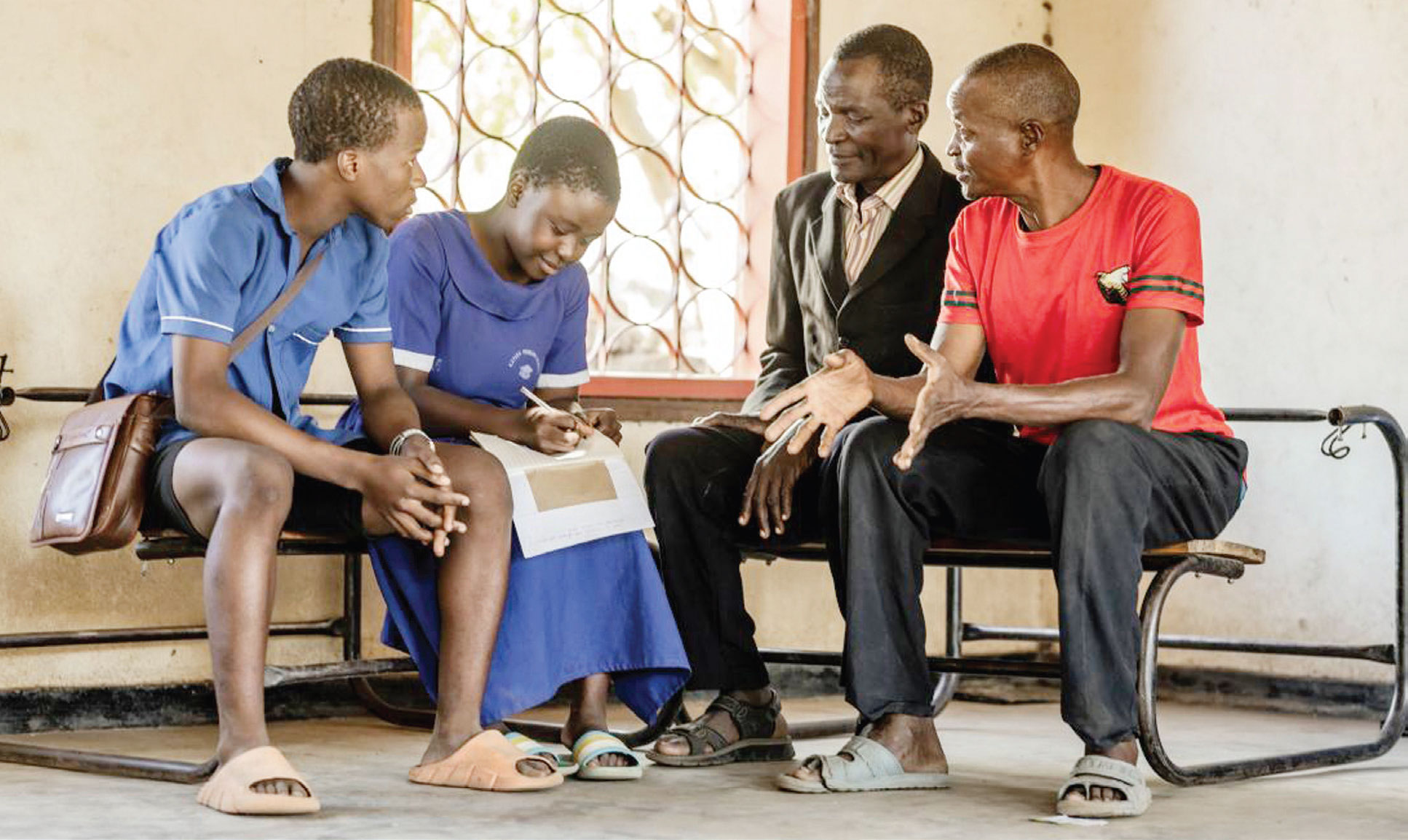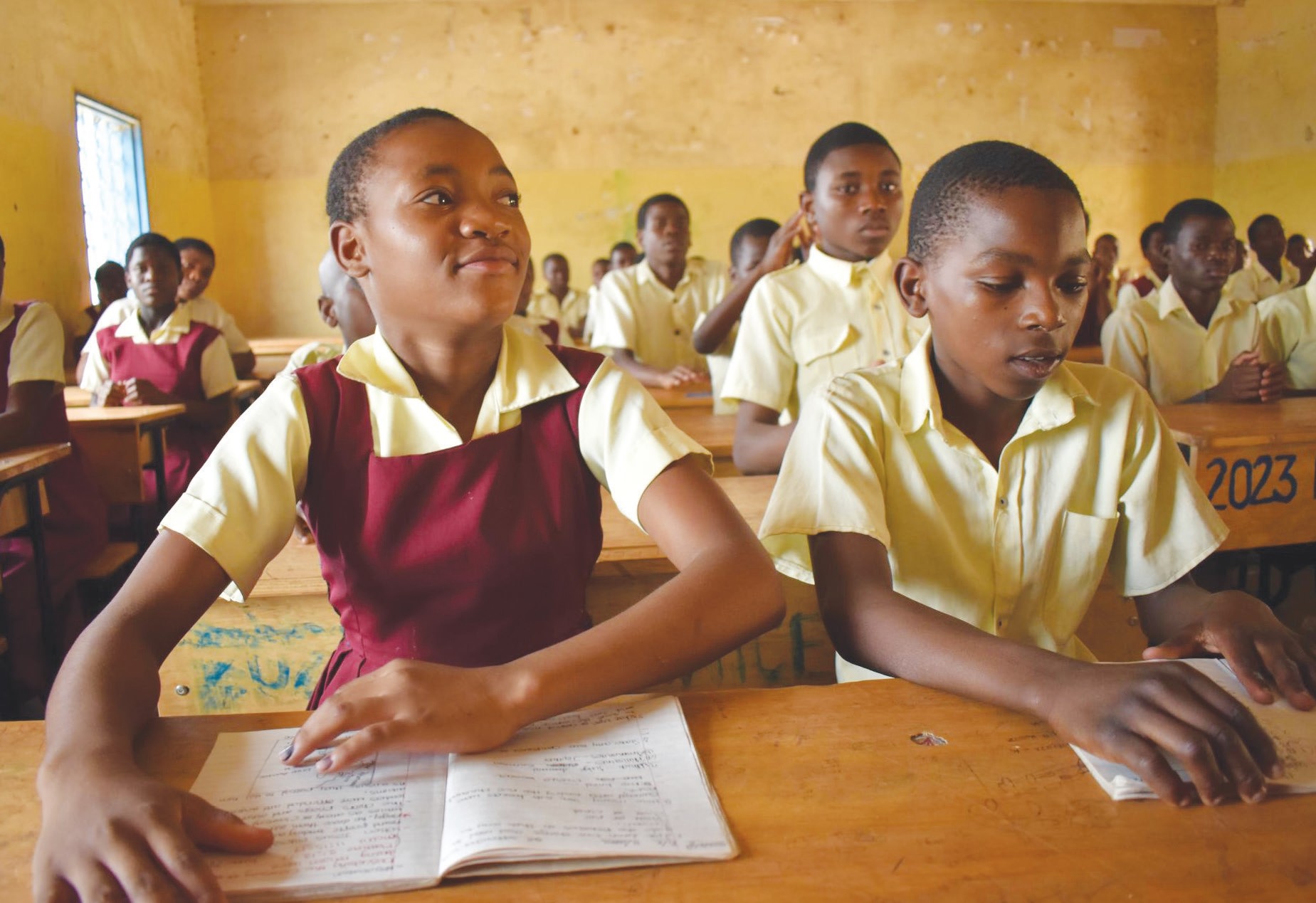How delays to enact Education Bill are hampering progress

During the current meeting of Parliament, members of Parliament are expected to deliberate on the Education Bill, which has dragged for many years. Education experts believe the bill will help solve some of the factors contributing to poor quality education in the country.
To date, Malawi’s education sector is still governed by the 1962 Education Act although the delivery of education has over the past six decades experienced diverse changes which have, in many cases, almost turned access to quality education into a privilege instead of a right to some children, especially those in rural areas.
While efforts to revise the 1962 Education Act started over three years ago, the bill to amend the act has not been enacted to date and the education sector continues to grapple with several challenges, including poor regulation of education standards.
The World Bank says improvement of education quality is key to increasing access to education and equity, adding it is crucial for the country to enhance quality of the teaching and learning environment in schools.
According to Civil Society Education Coalition (Csec), enactment of the Education Bill would solve several problems which many learners are facing.
“In general, the proposed bill has all the necessary ingredients to accelerate progress in the education sector. It is the piece of legislation that meets all the demands of the 21st century in terms of governing both government and private schools,” says Csec executive director Benedicto Kondowe.
He says the current 1962 Education Act only provides for the regulation of public and government-owned schools and not private schools.
“When government embarked on the massive closure of schools a few years ago, most of the schools which were closed won the cases in court because of that weakness,” says Kondowe.
Under the current legal framework, he says, one can either register a school with the Ministry of Education, Science and Technology or Ministry of Trade and Industry as a business venture, a situation Csec argues brings confusion in terms of regulation of standards in schools.
“We know that whether a school is a business venture, it is supposed to provide quality service to the nation.
“But what has been happening is that when the Ministry of Education deregisters a sub-standard school, the owners simply switch to register the same school with the Ministry of Trade and Industry. This has greatly compromised the quality of education in the country,” says Kondowe.
Under the 1962 Education Act, Csec also says school inspectors have no mandate to inspect private schools.
What is also at stake if enactment of the Education Bill delays further is the legal status of Malawi Institute of Education (MIE), which is responsible for school curriculum development and serves as a research centre responsible for developing educational materials with aspirations to achieve a progressive, dynamic, effective and efficient educational institution that contributes to the provision of quality education in Malawi.
During the last sitting of Parliament, legislators did not conclude business on the enactment of the Education Bill, which also includes a provision on the contentious compulsory education.
Education experts argue that provision of compulsory education is one way of fast-tracking achievement of the global Education for All (EFA) goals by 2015 as pledged by 164 governments in 2000 at the World Education Forum in Dakar.
Education, Science and Human Resources Committee of Parliament chairperson Frank Elias Viyazyi says his committee has no problem with inclusion of compulsory education provision in the bill.
“We agreed with the Ministry of Education to bring the bill for passing in Parliament and we expect the bill to pass. When the bill came in Parliament during our last meeting, it was left at second reading.
“Enforcement of compulsory education has been left in the hands of the Ministry of Education. In the proposed legislation, we are just giving the powers to the ministry to enforce compulsory education,” says Viyazyi.
He says his committee is satisfied that enforcement of compulsory education is feasible in Malawi despite the prevailing social and economic challenges.
“This is something which will encourage parents to send their children to school. In the event that the parents fail to send the children to school, the regulations to be developed by the ministry will deal with them,” says Viyazyi.
He says the Education Ministry also needs to develop a policy for the education sector, saying the policy can come even after the Education Bill has been passed in Parliament.
“I don’t think there are any loopholes in the bill unless these are loopholes which may be discovered in the process after passing of the bill. We may fix those loopholes through amendments,” says Viyazyi.
Legal Affairs Committee of Parliament chairperson Kezzie Msukwa also says his committee supports passing of the long-awaited bill.
When the bill was tabled in Parliament, former Education Minister Eunice Kazembe said, if passed into law, it would guarantee that Malawi would have enough educated people to develop the country.
“We need this law now than for the country to wait until we have enough resources to implement compulsory education,” said Kazembe.
She said when free primary education was introduced in 1994, the country did not have enough resources to meet the pressure resulting from increased enrolment of pupils in schools but said the arrangement has still benefited many children to access education.
“Education is a foundation and a key factor to develop human capital and any development in the country,” she said.
In Malawi, studies on education show that parity is achieved up to Standard Six of primary education but only one in four girls completes eight years of full primary school.
As parliamentarians are currently meeting in Lilongwe over several issues including the infamous cashgate at Capital Hill, perhaps the plight of pupils can also be considered in passing the Education Bill to ensure all children have access to quality education.





